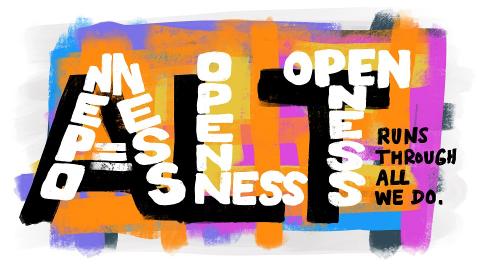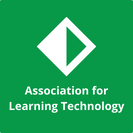
In October a joint statement on access to e-book and e-textbook content was published by SCONUL in conjunction with the Chartered Institute of Library and Information Professionals (CILIP), the #ebooksSOS campaign, Jisc, the National Acquisitions Group (NAG), Research Libraries UK (RLUK) and the UK purchasing consortia APUC and SUPC. The statement calls for: “immediate action by publishers and aggregators to introduce more sustainable and affordable pricing models for e-books and e-textbooks.”
We support this welcome call for action, which highlights the urgent need “to influence policy so that students and teachers in UK higher and further education can gain equitable and sustainable access to e-books, e-textbooks”.
Openness is one of the Association's core values and we have long supported the Open Education movement, which seeks to build on the opportunities afforded by digital technology and communication as an important driver for the wider and more effective use of Learning Technology. In turn, the expertise of Learning Technology practitioners has a key role to play in enabling and promoting the widespread adoption of open educational practices, including the creation and use of open educational resources (OER) such as open textbooks, which help to address barriers and inequalities faced by staff and students.
Three years ago we issued a Call to Action for policy makers to place Open Education at the heart of (digital) education provision – and the past 18 months have shown how important open practice is for scaling up learning and teaching.
ALT’s Open Education Special Interest Group welcomes the attention being drawn to the barriers to access but would like to see a commitment to increasing open access to publications whether in print or online. The recent pivot online has illustrated real inequalities and a failure to grasp the barriers facing staff and students. We would also welcome greater incentives to support staff who are willing to publish openly and adopt Creative Commons licences. A sector-wide push is needed to help raise awareness of managing intellectual property online if our learners and staff are to contribute to the knowledge creation and sharing necessary to meet the challenges of the 21st century and beyond.
ALT’s Copyright and Online Learning Special Interest Group was specifically created during the pandemic as a response to the many challenges that copyright and licensing restrictions were causing. We want to highlight that access to core readings during the pandemic has been possible through immense efforts from librarians particularly in academic libraries who have gone over and above to find solutions to ensuring students' studies are not interrupted - whether it's through negotiations with publishers or through developing their understanding of what copyright exceptions allow.
As part of ALT’s annual Open Education Conference in April, we brought together hundreds of professionals from across the globe showcasing evidence on a global scale of how much impact open education policy and OER have, from saving students millions buying expensive textbooks to enabling educators to share resources and content.
We widened our discussion in Wonkhe, and the recent joint statement by sector bodies strengthens our view that the time for open educational resources is now.
Representing 3,500 Learning Technology professionals from across sectors we look forward to contributing our expertise to the work ahead, including adding to the ethical debate about decolonisation, OER creation and dissemination, and the ALT Framework for Ethical Learning Technology. ALT is committed to continuing to collaborate with other organisations to progress these urgent issues.
